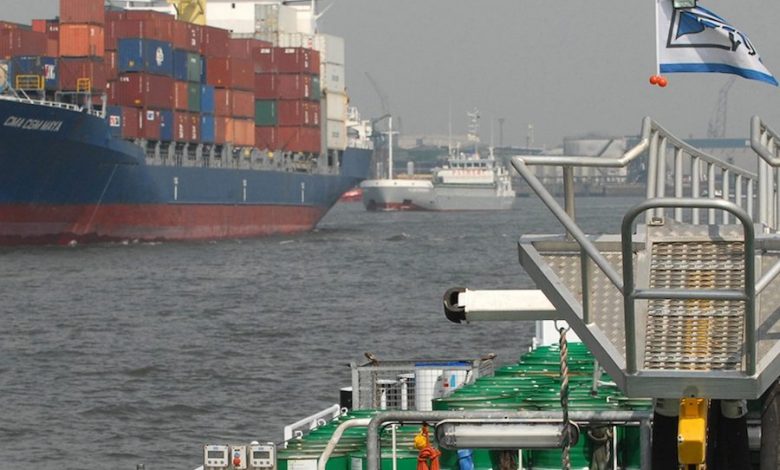’Constant change is the new normal’

Our sector has long held a mindset that change happens in slow intervals over long periods of time. That’s no longer the case writes Castrol’s Kamuran Yazganoglu.
Often hard to define but generally seen as a marker of positive progress, ‘change’ in shipping has dominated the headlines in recent years. Innovation seems ceaseless, with the industry on the cusp of realising the exciting benefits of digitalisation, operational efficiency and sustainability. Change is everywhere, as it impacts everything from procurement planning to the technical detail of engine room operations.
One very tangible example of change is the 2020 sulphur cap, which is forcing a period of transformative operational shifts. Impending measures on NOX and eventually carbon, combined with the ongoing innovative spirit taking root at the heart of the industry, are all combining to create a complex landscape for the sector.
Change can have benefits. If appropriately navigated, we may well be moving towards that more efficient, more connected and more sustainable sector that we all strive for. Given the sheer level of transformation at play, it is vital that shipping comes to terms with what promises to be a ‘new normal’ for how we do business.
Key to this is understanding that regulatory, technological or operational change can ripple across an organisation and its operations for months, even years. Choices being made today in an office may raise issues with fuel compatibility, including cat fines and contaminants which may not rear their heads until a year from now at sea. Take the sulphur cap for instance, we need to remember that January 1 2020 is when issues around compliance start, rather than end.
For 2020, we must refocus on the full ramifications of choosing any given compliance option – including what it means for crews, the long-term health of assets and overall profitability.
However, more broadly, we must take responsibility as a sector and acknowledge that constant change is the new normal, for at least the foreseeable future. How can we meet the challenges of digitalisation and decarbonisation in a way that maintains operational integrity and maximises profitability?
It is imperative that we come together and answer this question. We must take a more collaborative approach, adopting an agile and adaptable mindset, and embrace change, no matter how small that change may be. Marginal efficiency gains are there to be realised everywhere, so we must take them onboard as we navigate the uncertainty. This strategy has worked in other industries, such as the automotive sector, when they were faced with their own major regulatory change.
Fundamentally, now more than ever, the next few years will call for an industry that is correctly tooled up to make the most of the change that is afoot. Our sector has long held a mindset that change happens in slow intervals over long periods of time. With the sulphur cap, and beyond, the reality is now vastly different.
This article first appeared in Maritime CEO magazine. Splash readers can access the full magazine for free online by clicking here.
